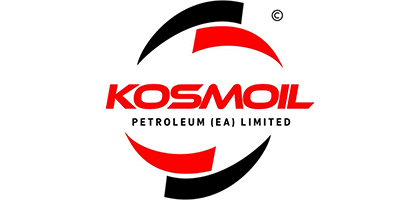
Digitalization is reshaping the way we approach petroleum logistics, revolutionizing everything from supply chain management to customer engagement. In this blog post, we’ll explore the transformative impact of digital technologies on the petroleum industry, highlighting key trends, innovations, and opportunities for optimization.
From IoT sensors and RFID tags to blockchain and AI-powered analytics, digital technologies are empowering petroleum companies to streamline operations, improve efficiency, and enhance transparency across the supply chain. Real-time tracking and monitoring systems enable better visibility into inventory levels, transportation routes, and delivery schedules, allowing companies to optimize resources and minimize costs.
Additionally, digitalization is driving innovation in areas such as predictive maintenance, asset tracking, and demand forecasting, enabling petroleum companies to proactively identify and address potential issues before they escalate. By leveraging data-driven insights and predictive analytics, companies can optimize production schedules, reduce downtime, and improve overall operational performance.
Furthermore, digitalization is enhancing collaboration and communication among stakeholders within the petroleum ecosystem. From suppliers and distributors to customers and regulators, digital platforms facilitate seamless information sharing, enabling faster decision-making and greater responsiveness to market dynamics.
However, the digital transformation of petroleum logistics is not without its challenges. Security concerns, data privacy issues, and the need for interoperability remain significant barriers to adoption. Nevertheless, with proper planning, investment, and collaboration, companies can overcome these challenges and unlock the full potential of digitalization in the petroleum industry.
In conclusion, the impact of digitalization on petroleum logistics is profound and far-reaching. By embracing digital technologies, companies can optimize operations, improve efficiency, and enhance competitiveness in an increasingly digital world.
